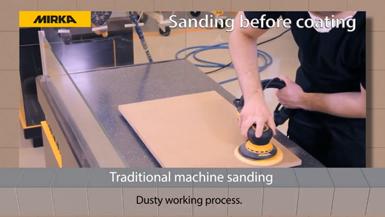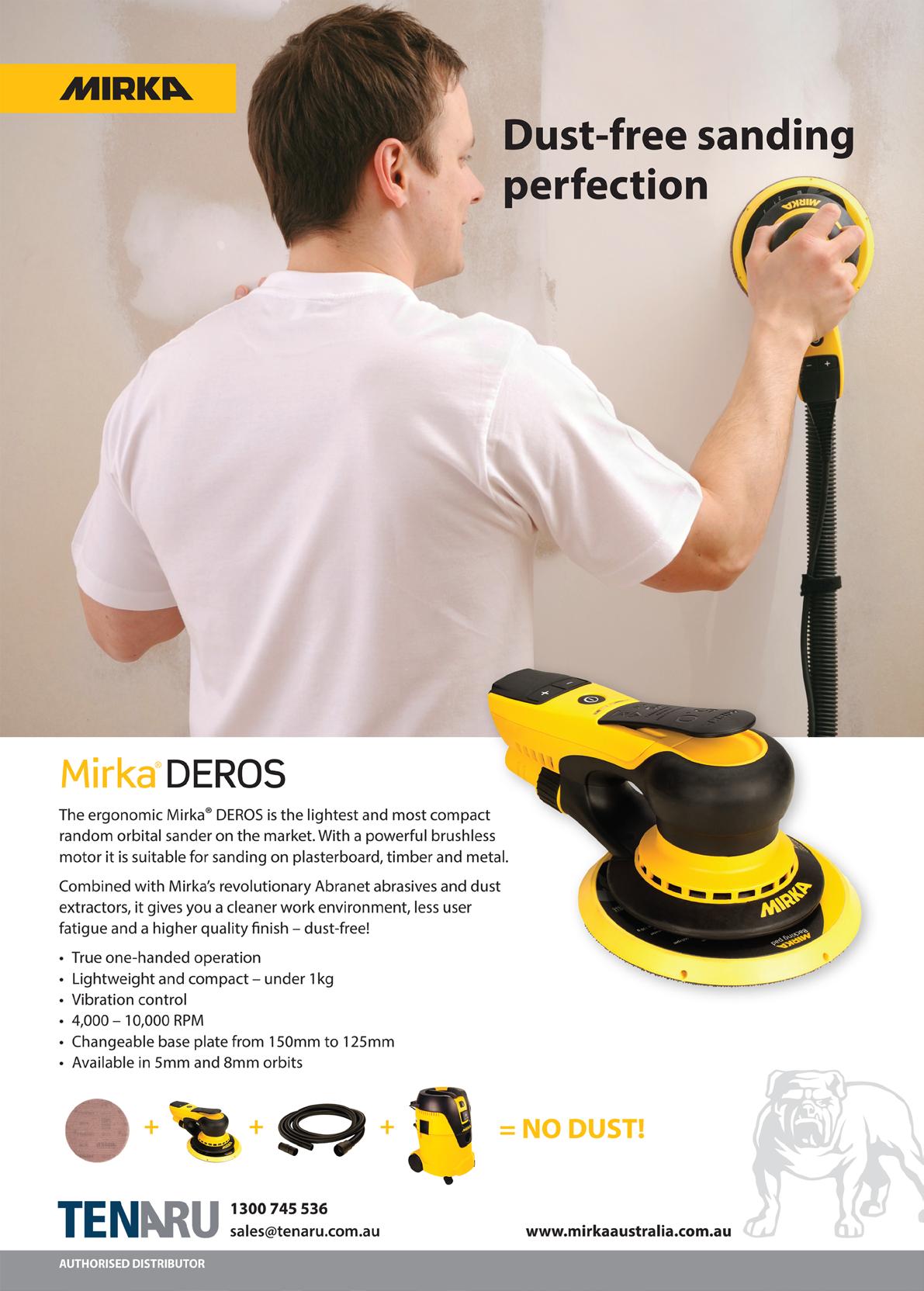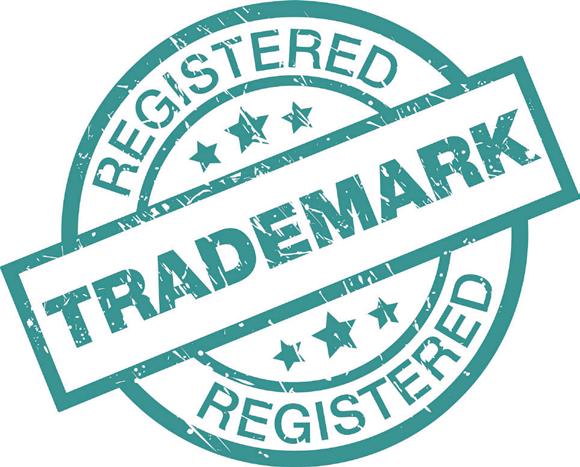
10 minute read
10 tips to save money on TRADIES INSURANCE
There are plenty of tradie memes about clients who choose the lowest quote. Typically it involves a picture of terrible building work!
But the fact is that most people are looking for a cheap quote, and that includes tradies looking for business insurance.
When the client chooses the cheapest quote What’s important of course is to find the most competitive quote for quality insurance cover that suits your business.
Whether you have Trade Risk do this for you, or you choose to go DIY and shop around yourself, these ten tips should help you to save money on your trade insurance.
The first five tips relate to starting a new policy, and the next five relate to existing policies and renewals.
When starting a new policy
If you’re starting a new business insurance policy, chances are you’re starting a new trades business.
Cashflow is so important at this point, so saving money on your insurance is vital. These five tips should help get you started.
5. Don't assume direct is cheaper
This is probably the biggest mistake that tradies make when trying to save money on insurance.
They assume that going direct to a big brand insurance company, like NRMA or AAMI for example, will get them the cheapest quote.
We’re so used to doing this with our home and car insurance, that it just seems to make sense. You get 10 | Aussie Painting Contractor
a few quotes from the big guys, choose the cheapest and you’re good to go.
Business insurance can be more complex in terms of pricing, and the big guys with their online quotes and call centres aren’t necessarily the cheapest.
Extend your search to some of the smaller players, and especially the trade specialist providers.
We can provide instant online quotes for standard trade businesses with up to five staff, and you’ll find the rates are typically more competitive than the big name brands for similar (if not better) cover.
PS. We help plenty of trade businesses with more than five staff, it’s just that we provide more tailored quotes for these clients rather than quoting them instantly online.
4. Pay annually if you can
Whether you go direct to an insurance company or via an insurance broker, paying monthly will cost you more.
Sometimes it’s worth it, especially with cashflow being a constant challenge for many trade businesses, but keep in mind that the overall cost will be higher.
With the direct insurers, generally they just increase the overall premium. So if you multiply the monthly payment by twelve, the total would be higher than the annual premium.
If you use a broker, generally the premium will stay the same, but you’ll be charged interest via a structure known as premium funding, or premium financing.
In this case the funder (typically a third party) is essentially lending you the money to pay the premium, and you then pay them back over 10-12 months depending on the setup.
3. Know what you're paying for
This one’s a little trickier to explain, but it’s important to understand what you need and what you’re paying for.
A classic example is tradies, and especially handymen, undertaking work for real estate agencies and property managers.
The standard paperwork will state that you need a range of insurances including public liability and professional indemnity.
If you don’t know what you really need, you’ll just go off and buy both policies, but in reality, you most probably don’t need professional indemnity insurance.
As brokers we have to explain this to handymen on a weekly basis, and we’ve even written an article about it!
Knowing what you need, and what you’re paying for, can help you save money by not paying for insurance that isn’t even relevant for your business.
Tip: A good insurance broker will be able to tell you all of this!
2. Package your policies
If you have multiple policies you might be able to save money by combining them.
Most trade businesses, even if you’re just one person, will have a need for at least three policies. Your public liability, your tools and your vehicle.
You can probably include personal accident insurance.
Combining them can mean one of two things. It could mean combining them into a single policy with the same insurer, or it could mean having multiple policies with multiple insurers but managed via a single insurance broker.
Combining or packaging your policies is no guarantee of saving money. Sometimes spreading your policies across insurers can actually work in your favour, as a single insurance company isn’t necessarily going to be the cheapest across all of the covers you need.
For example Company 1 might be cheapest for public liability and tools, Company 2 might be cheapest for your vehicle and Company 3 might be cheapest for your personal accident cover.
Never assume that having everything on a single policy will be the cheapest option!
1. Use an insurance broker
We are an insurance broker, so of course we’re going to list this as one of our tips!
But we can back it up…
We save tradies money by doing the shopping around for them. You tell us all about your business, and we’ll use our knowledge and experience to find the most competitive premiums to suit your needs.
In many cases we’ll be able to find a better premium than you could on your own, simply because of our size and experience in having helped over 10,000 tradies with their insurance needs.
One of the first mistakes that a tradie can make with business insurance is assuming that using a broker will cost them more. In most cases, a good broker will actually cost you less.


Existing policies and renewals Once your business insurance is in place it can be easy to get lazy and let it roll over each year without shopping around or making changes.
The is especially true for tradies, as you have so much else going on trying to juggle work on site as well as all the paperwork.
But if you can spare an hour or two each year to look at your renewal properly, you could definitely save yourself some good money on your trade insurance.
5. Advise us if your business shrinks Most public liability insurance policies are priced based on the size of the business. It’s not the only factor, but it is one of the big ones.
Size is measured differently by different insurers. Some look at the size in terms of staff numbers, and other look at the size of your annual revenue.
Often we’ll ask for both measures, which allows us to obtain quotes from different insurers regardless of how they measure size.
A trade business can grow and shrink in size from year to year depending on many factors, including the timing of completion on larger projects.
If your revenue was $1 million last year and you don’t provide any updated figures for this year, your policy will be renewed assuming the same revenue.
But if you have fewer projects being completing this year, or perhaps you’ve just downsized, you’ll be paying more for your insurance than you need to.
So if you’re expecting reduced revenue in the upcoming renewal period, make sure you let us or your insurance company/broker know.
The same applies to staff numbers if that’s how your insurer rates your policy. If you’re expecting to have fewer staff this year because you have fewer projects on the go, make sure you update your policy.
Bonus tip – Subcontractor use Some insurers take into account the percentage of your revenue that goes to subcontractors.
The higher your use of subcontractors, the higher the cost of your public liability could be.

If you’ve reduced your usage of subbis from one year to the next, make sure you let us know as this could result in a significant saving on your public liability insurance.
4. Advise us if your activities change Another factor that the insurance companies use to calculate your public liability insurance cost is the activities you undertake.
Not just what trade you do (although that is part of) but any higher-risk activities you undertake.
For example, an electrician would be considered a standard trade under a liability policy, but if you’re doing work at power stations or airports, you’re now in the higher-risk category.
If you were undertaking this type of work when you took out your policy, you’d be paying considerably more than a standard policy.
You will continue to pay that higher amount until you tell your insurer or your broker that you’ve stopped.
If you don’t tell us, you could be paying hundreds (or thousands) more for your insurance each year than you need to.
The reverse is also true though… If you’ve started undertaking higher-risk activities and don’t tell us, you’ll be paying less for your insurance, but any claim relating to those activities will be declined.
So whether you’ve stopped or started undertaking higher-risk activities, make sure you tell us!
3. Pay annually if you can We’ve already covered this in the new policy section, but the same applies to renewals.
Paying monthly will almost always cost you more than paying annually. This is regardless of whether you’re going through a broker or direct to an insurance company.
But before you curse the monthly option for being more expensive, you need to consider the value of managing your cashflow.
Spreading the cost of your trade insurance across the year might cost you more, but it could also free up cashflow that you can spend in other areas to help grow your business, rather than having to pay the full amount on day one of your policy.
And don’t think that financing your insurance through a premium funding company is just for companies that can’t afford the full premium. Large companies with tens of millions in revenue often fund their insurance with premiums in the hundreds of thousands.

2. Package your policies This is another tip that we already shared in the section on new policies.
Packaging your policies can be done two different ways. If you’re dealing directly with an insurance company, it would mean having all of your covers with a single insurer.
This rarely works out for the best, as the cheapest company for public liability mightn’t be competitive on tool insurance or vehicle insurance.
The other option is to have all of the policies with a single insurance broker, such as Trade Risk. We can have multiple policies spread across multiple insurers to ensure we’re getting the best deal on each one, but you have a single point of contact, being us.
If you’re paying monthly we can combine them all into a single monthly payment, even when the policies are with different insurers.
We recently helped an electrical contractor who had most of his business insurance with us, but his five vehicles were insured elsewhere. He had them with the same big name car insurance company, but each vehicle was on a separate policy.
He thought he was doing the right thing, but we combined the five vehicles onto a fleet policy and managed to save him $250 a month!
1. Use an insurance broker Last but not least, use a broker!
A good broker (like us, with over 600 five-star reviews!) will not only help you when first setting up your insurance, but also at renewal time.
Every renewal we’ll look around to see if we can find a more competitive deal for you, along with ensuring your cover is still appropriate for your trade business.
We’ll ask you the right questions to help us to shop around, which saves you having to do the running around. So not only will a good broker help you to save money, but also time. And in any business, especially a trade business, time is money!











